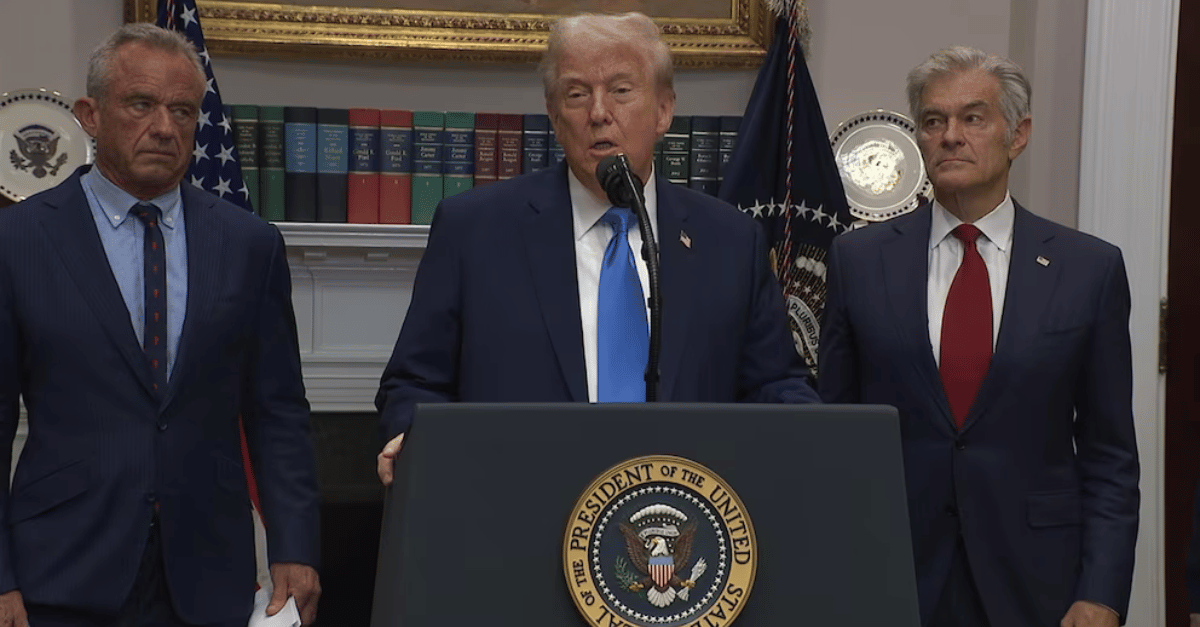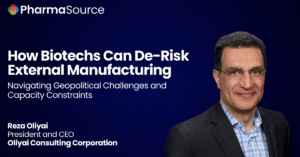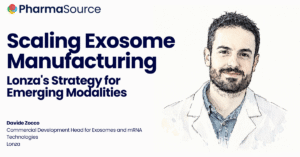The U.S. Department of Health and Human Services (HHS), under the Trump administration, announced new autism-related initiatives on September 22, including research into acetaminophen (Tylenol) exposure during pregnancy and use of leucovorin in treatment. The move follows President Trump’s remarks suggesting a possible link between acetaminophen and autism, claims widely criticized by scientists, patient groups, and pharmaceutical companies.
According to HHS, the initiatives are part of a broader push to expand autism research and “identify potential environmental factors” in its development. Funding priorities include studies on acetaminophen’s impact on neurodevelopment and clinical research on leucovorin, a folinic acid sometimes prescribed off-label for children with autism.
Scientific and Advocacy Groups Dismiss Causal Claims
Leading autism organizations and researchers emphasized that current scientific evidence does not support a causal link between acetaminophen and autism.
“This is dangerous, it’s anti-science, and it’s irresponsible. The incessant misinformation about autism from President Trump and Robert F Kennedy Jr risks undermining decades of research by respected experts in the field. “
Mel Merritt, Head of Policy and Campaigns, the UK’s National Autistic Society
“At the heart of this is people trying to look for simple answers to complex problems.”
James Cusack, Chief Executive, Autistica
The UK’s National Autistic Society and Autistica both warned that misinformation risks stigmatizing parents and undermining public trust in evidence-based care.
Tylenol Maker Kenvue Rejects Link
Kenvue, the maker of Tylenol, issued a statement strongly disagreeing with the President’s claims. The company emphasized that acetaminophen is considered safe when used as directed and highlighted decades of data supporting its safety profile.
Despite initial investor concerns, Kenvue’s stock rebounded following the administration’s announcement, according to Reuters. Market analysts noted that regulatory guidance has not changed and no new safety warnings have been issued.
Regulatory and Policy Implications
HHS’s research priorities signal a shift in federal attention toward environmental and pharmaceutical exposures in autism. The agency’s press release noted that the leucovorin initiative will fund clinical trials assessing its potential benefits for individuals with autism, building on preliminary findings from smaller studies.
However, no regulatory bodies—including the U.S. Food and Drug Administration (FDA)—have updated safety guidance on acetaminophen. Experts caution that government-backed studies could be misinterpreted by the public as validation of a causal link, despite the absence of conclusive evidence.
Autism Research Landscape
Autism spectrum disorder (ASD) affects an estimated 1 in 36 children in the United States, according to CDC data cited in the HHS press release. The disorder is widely understood to have complex genetic and environmental underpinnings.
The Nature journal reported that, to date, no high-quality studies have demonstrated a direct causal link between acetaminophen use in pregnancy and autism. Researchers emphasize the need for rigorous methodology to distinguish correlation from causation in population-level studies.


 Sign up to the free weekly newsletter for all the latest news, resources and podcasts in pharma manufacturing.
Sign up to the free weekly newsletter for all the latest news, resources and podcasts in pharma manufacturing. 








